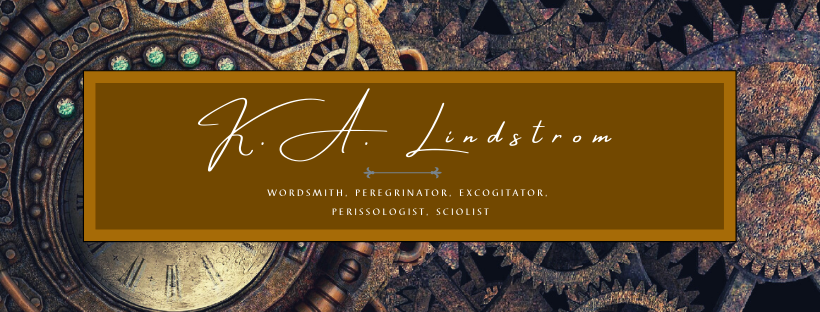The YA dystopian genre feels like it has been done to death in the last decade, mostly as a result of the authors riding the coattails of the popular Hunger Games series. But seven years before Suzanne Collins released the first book of her popular series, Philip Reeve released Mortal Engines.
If you have read my other reviews, you might have noticed a pattern. Many of the fiction books I read are tied in some way to a movie or TV adaption. This book is no exception. In anticipation of the film, I read the first novel in Reeve’s fantastical series about moving cities, and was happy to find a unique perspective on a tired genre.
Perhaps Reeve’s early entry into the genre helped him escape many of the cliches that the newer novels suffer from–I admit I have read few of them, but as you no doubt realize, I am a movie fan, and I have seen many of the adaptions. Simply put, I didn’t like them (looking at you, Maze Runner). Purely judging from the film versions, many of the characters suffer from cliched characterization. Feel free to skip ahead if you have heard this all before.
Tropes themselves are not bad, but when every Tom, Dick, and Harry is a Chosen One or obtains some inexplicable leadership role despite having no charisma whatsoever, it gets old. These characters feel unrealistic. Give them some superficial flaw in the place of true character development, and that is suppose to make a good story.
Don’t get me wrong, I love a good dystopia. V for Vendetta is fantastic in either version. The Time Machine is a fascinating commentary on humanity. But YA has a problem with Chosen One stories (Harry Potter contributed a lot to this issue), by which I mean an overabundance of them without satisfactorily explaining the why.
And why am I going on and on about this? Because it is one of the primary reasons I enjoyed Mortal Engines so much. The story focuses first on Tom Natsworthy, 15-year-old Apprentice Historian (who is portrayed by a 30-year-old actor in the movie. Sigh…) Tom is, for one thing, relatable. He wants to prove himself, but struggles to do anything right. He is a teenager, not a flawless demigod that seamlessly assumes power when the situation falls in their lap. When Tom finds himself left behind by London, the traction city he lived in all his life, his only thought is to get home and get on with his life. He is afraid, angry, and happy in all the right places.
Tom is not the only teenage hero on a journey. Katherine is on a journey to find out what dark secrets London is hiding. She too feels like a real teenager. She has spent her whole life looking up to her father, and when she finds out things are not as perfect as she thinks, she is appropriately confused and hurt.
The third teen hero is Hester (who is also portrayed by a 30-year-old actress. I have more problems with her film counterpart already, but I won’t spoil that here). She is a bit more complicated, but infinitely more interesting. She is deeply flawed, scarred by a horrifying past. The complex web of intrigue surrounding her drives much of the story, up until the last reveal.
The success of Mortal Engines is entirely character-based. While the world itself is intriguing, it is Reeve’s fascinating characters that make the story work. And the sequels hold up, adding so much more depth to both the characters and the world. I read all the books within a few weeks, and though I won’t give away the ending, the final book leaves us with an immensely satisfying end to this incredible series. For any fan of science fiction and/or YA, this is a must read.
